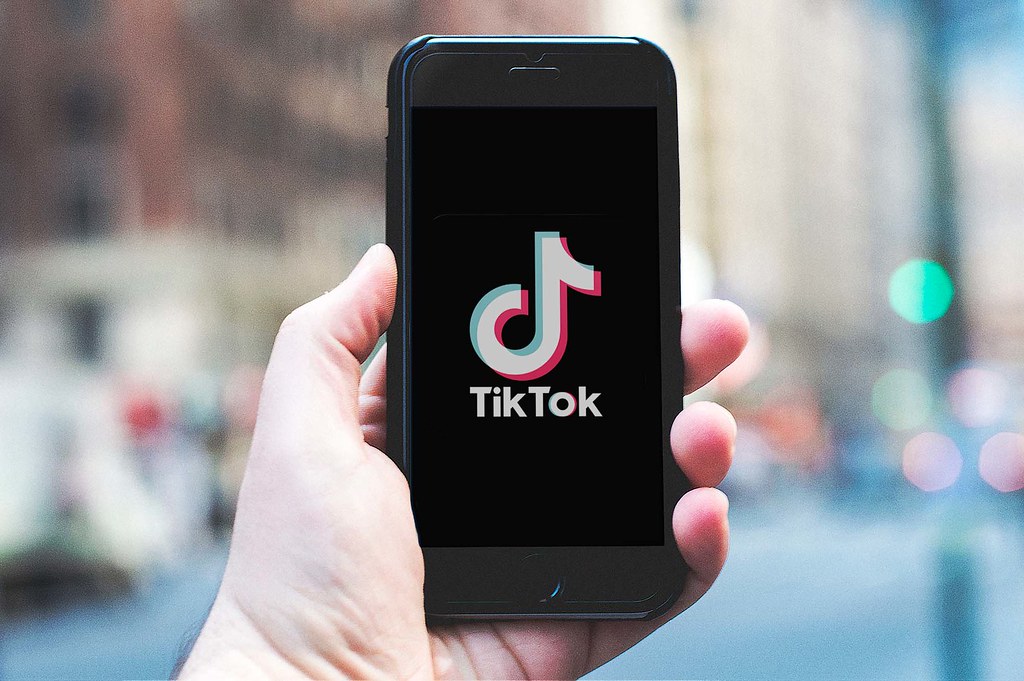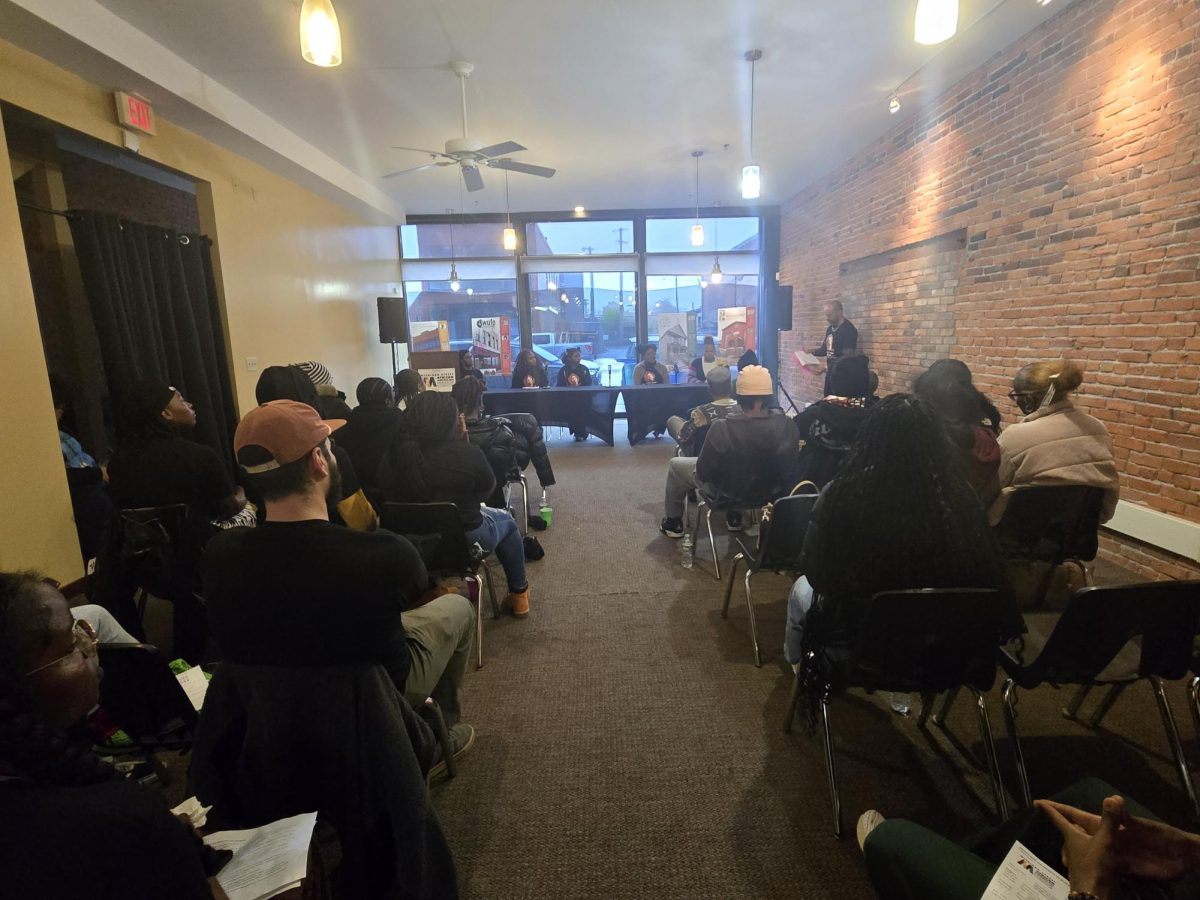TikTok is a popular social media platform, where users can post short videos that are intended to entertain an audience.
In recent years, the federal government has targeted TikTok as a potential national security threat. The rationale, of course, for such a thought is because the application is owned by Byte Dance, a Chinese-owned company. Data security seems to be a major concern.
During the 2021-2022 legislative session, S.1143, a bill banning TikTok on government-issued devices, was enacted. Efforts to outlaw TikTok have been underway.
President Joe Biden recently signed a bill that would outlaw TikTok, but only if Byte Dance fails to sell the social media platform. The timeline for the company to do so is 9 months; should progress to sell TikTok be underway, the social media company will be granted 3 additional months to successfully complete a sale.
It is important to note, however, that individuals who downloaded TikTok will continue to be allowed to utilize the application. Having said that, the application itself would no longer be available for download. Updates, including those troubleshooting security issues within the app, would cease.
With such a law, court challenges are expected.
In terms of national security, no evidence was found indicating TikTok to be a hazard in that regard. Concerns surround if TikTok is sharing data with China.
Buffalo State student and TikTok user Sol Verma says that banning the platform should not be one of the government’s priorities.
“So many people have been out there demanding for policies such as Universal Healthcare, Housing Reform, Police Brutality, and especially right now with the demand for a ceasefire in Gaza because the US is directly funding the aggressors,” said Verma. “Yet, Congress decides to take on a legislation that most of the population does not agree with. This may sound ludicrous, but this could be the Patriot Act for our generation by posing it as an issue for our safety when it is really about controlling their narrative.”
TikTok is a social media and as such, concerns related to the mental health of individuals are valid. This, of course, has nothing to do with national security. Considering this, the federal government’s justification may be misguided.








